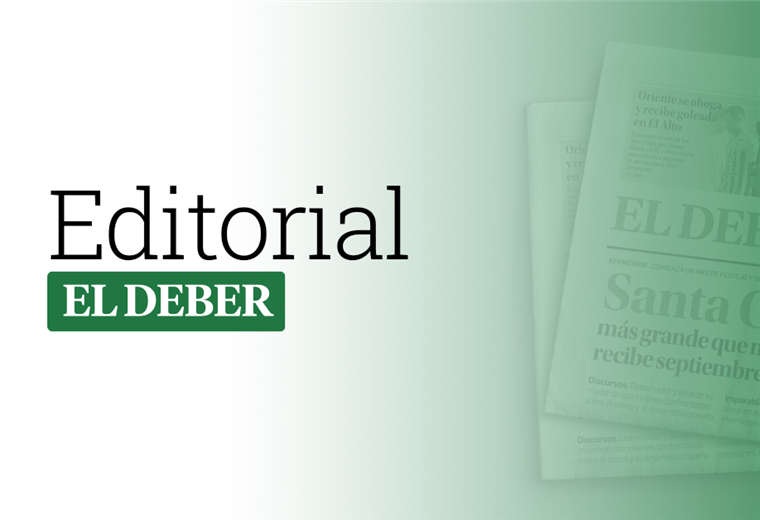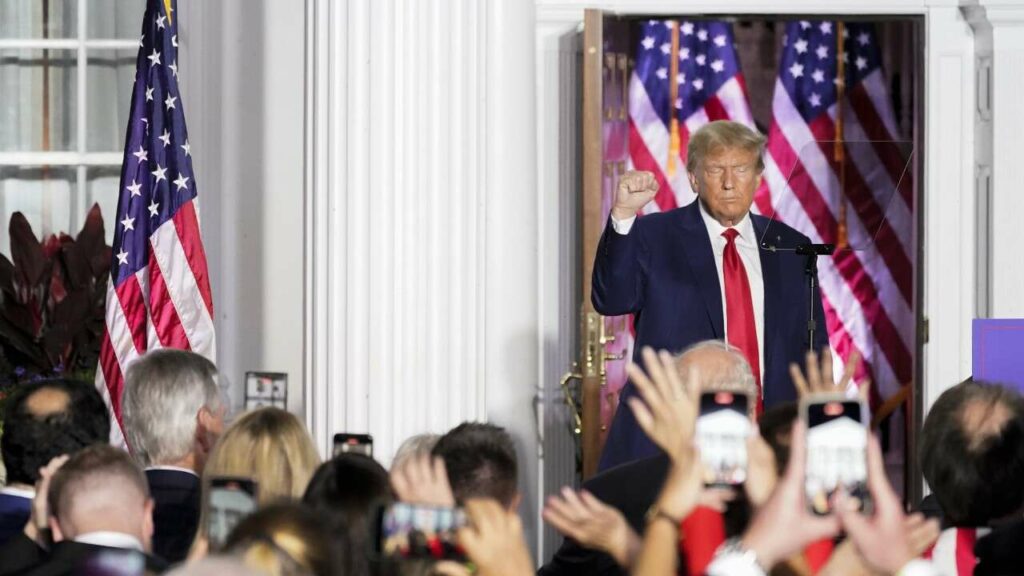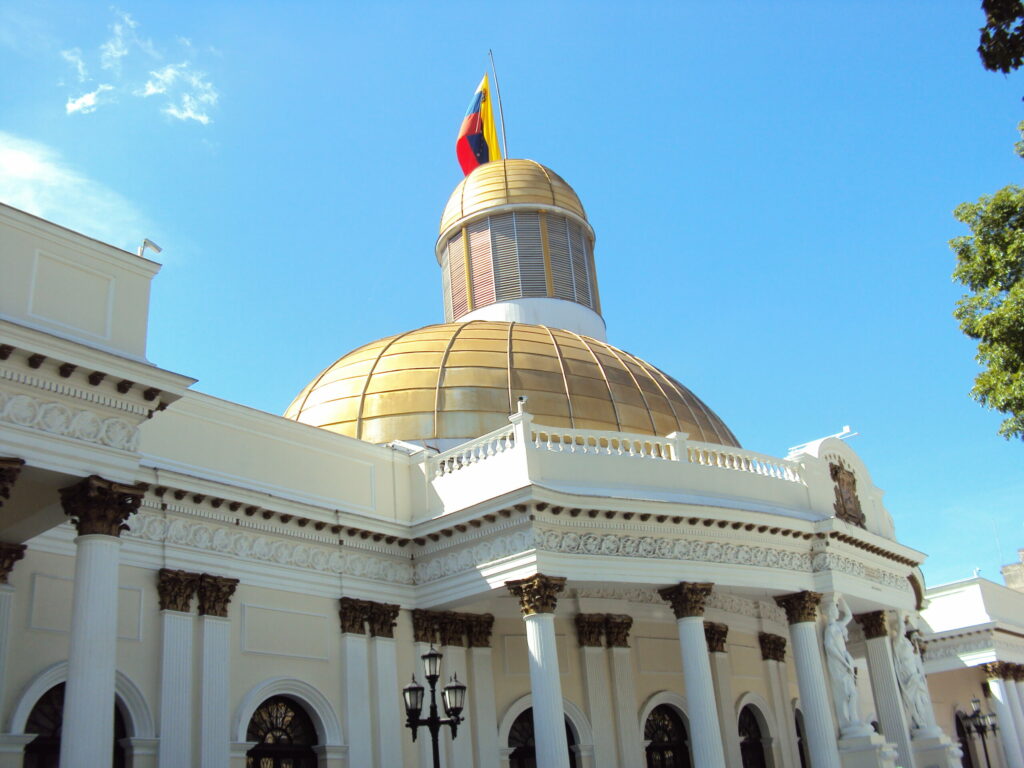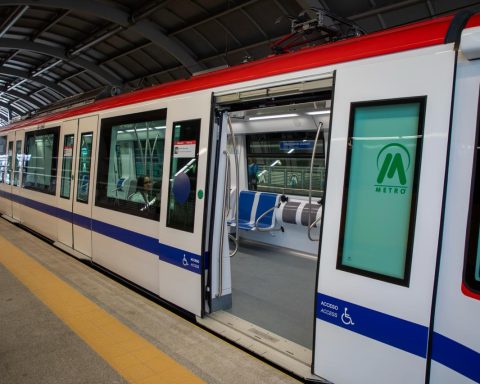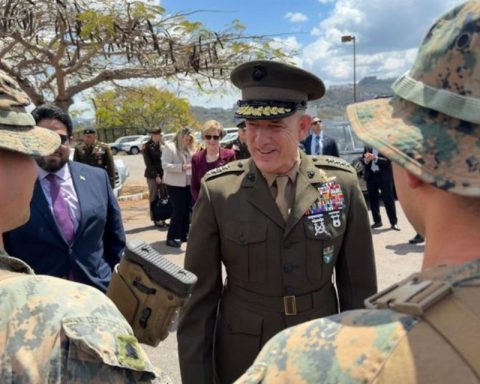June 15, 2023, 4:00 AM
June 15, 2023, 4:00 AM
When Evo Morales assumed the presidency of the Republic for the first time, in January 2006, the change in the policy of the fight against drug trafficking was sung. Morales made a political career in defense of surplus coca from the Chapare and with strong resistance to the voluntary, compensated and forced eradication of the leaf, which is the raw material for cocaine. Morales had his sights on the DEA, which operated in Bolivian territory with some freedom and with certain excesses that were denounced in a timely manner. But the new president wanted the United States anti-drug force out, which implied a substantial reduction in technical, economic, and logistical resources, for example, the use of helicopters to interdict drug trafficking.
When journalists were looking for answers to Evo’s proposal, one of the authorized voices was General René Sanabria, who commanded the Special Force to Fight Drug Trafficking. Logically, Sanabria affirmed with conviction that Bolivia could alone in this complex purpose.
What nobody imagined at that time is that, months later, the prestigious general was imprisoned in Panama, after having been filmed in Chile in negotiations to traffic drugs from Chilean ports to the US. At the time of his fall, Sanabria was an adviser to the Minister of Government, Sacha Llorenti.
It was the first scandal, but not the only one. Then came the fall of Óscar Nina and Maximiliano Dávila. All with strong links to criminal organizations operating in different countries. Three former commanders turned drug traffickers give a terrible image of the fight against drug trafficking in Bolivia. And to this must be added other names: former police officer Omar Rojas, arrested in Colombia, and Gonzalo Medina, whose ties to Pedro Montenegro ended his career.
To this are added the unprecedented drug exports from Viru Viru and the elimination of evidence or the unsuspected record of 27 anti-drug operations in the Chapare without a single detainee or the public complaints of suspension of operations “by superior order”, which reached the Prosecutor’s Office and they came to nothing.
In addition, the case of the drug flight revealed a harsh reality: Bolivia does not have adequate systems for exchanging information with various countries because on the international stage the DEA is a central operator of all circuits and to this is added the logical suspicions lack of suitability and integrity of the Bolivian Police.
In parallel, the red zones have increased in Bolivia, the adjustments of accounts are more and more frequent. And to this must be added the discovery of drug factories in protected areas.
In short, Bolivia has regressed a lot, even though the authorities on duty insist on saying otherwise. The MAS nationalized the fight against drugs. He renounced international cooperation and opted to work domestically against a crime in which international mafias operate. The results are glaring and endangering society as a whole.
It is difficult to ask the Government to consider the return of the DEA to Bolivia or to establish greater links of cooperation and exchange of information; but at least serious work could be done to refound the Anti-drug Force, to provide it with greater resources and have well-paid officers so that they do not fall before the temptation of easy and abundant money.
And the most important thing would be to respect the institutionality of the Police, that prominent and honest officers be those who confront the drug traffickers and not those who have political patronage.
Could it be that the government of Luis Arce is capable of assuming this challenge?
